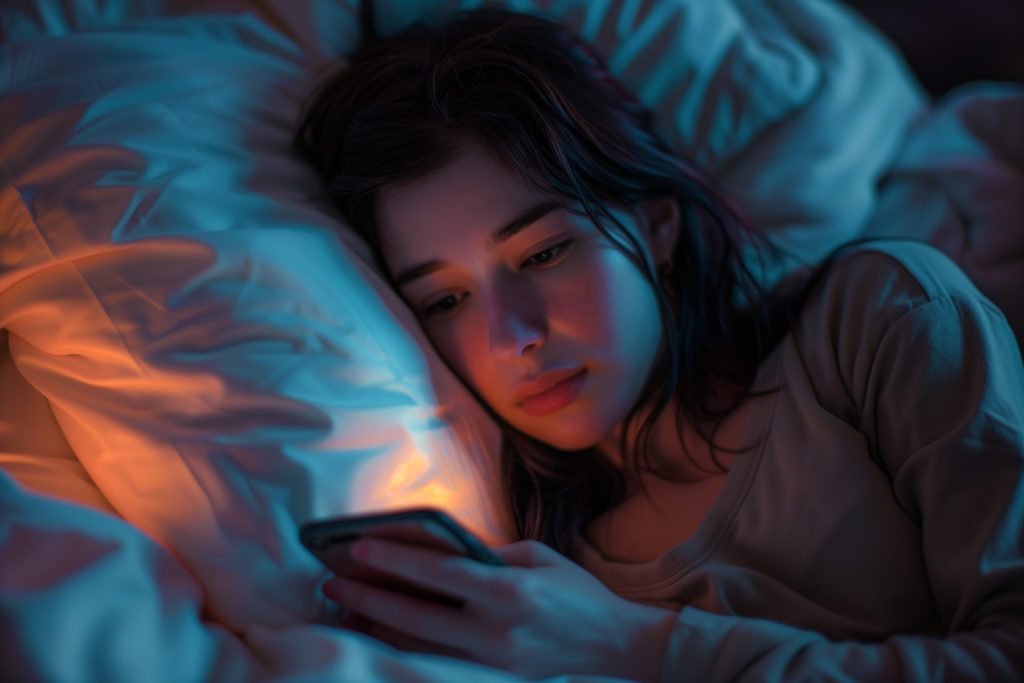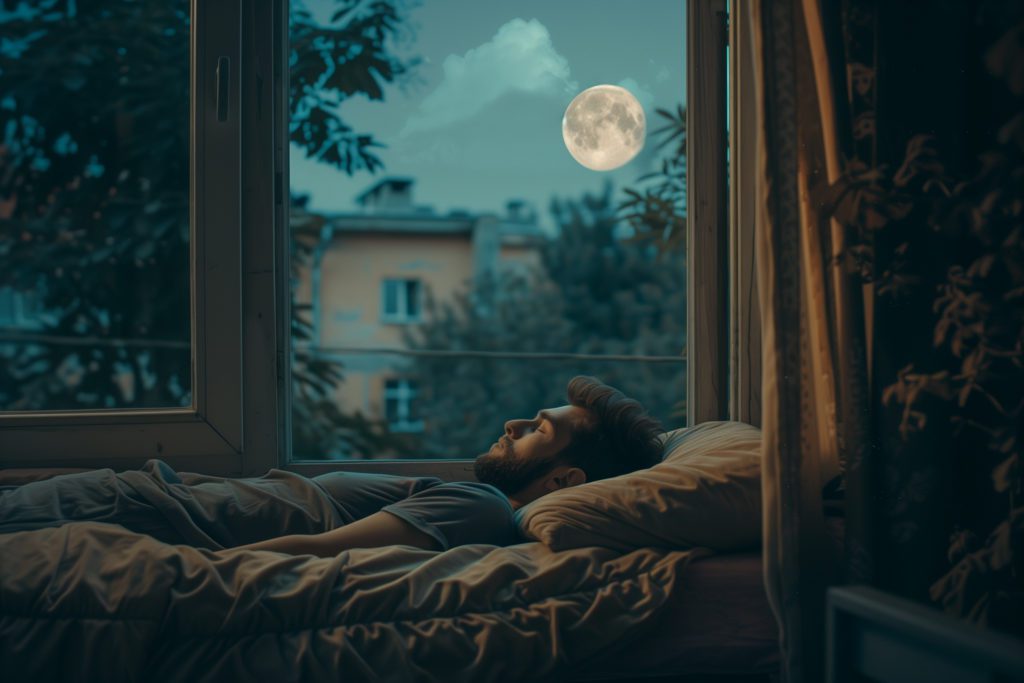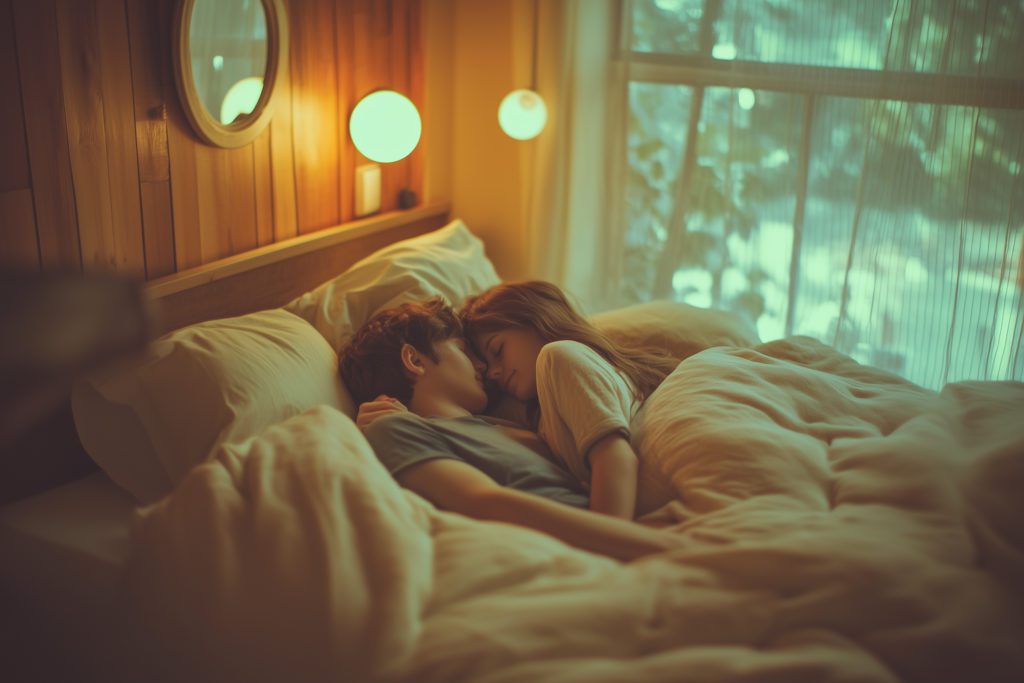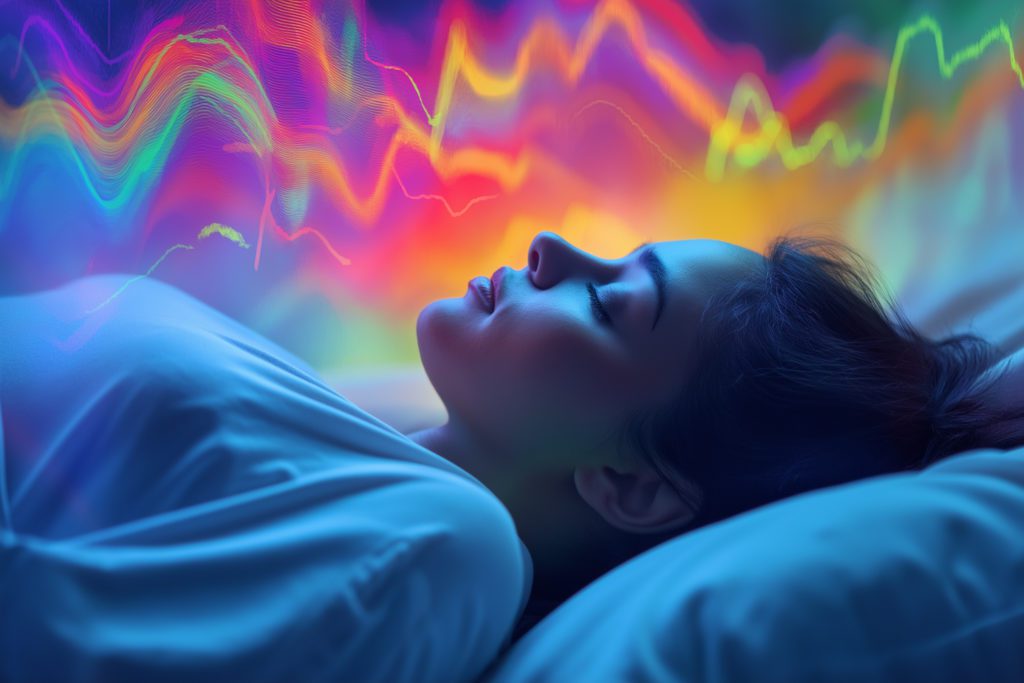
The Benefits of Sleeping Under the Stars: How Nature Improves Sleep Quality
Learn how sleeping outdoors can reset your circadian rhythm and improve your sleep quality.

If you’re struggling to get enough good, quality sleep at night, you may have tried every recommendation under the sun, such as keeping your room dark, lowering the thermostat, and exercising during the day—if that’s still not working, it may be time to try something under the stars, instead.
Not only can sleeping in nature be a great opportunity to escape the hustle and bustle of everyday life, but it can improve your sleep while you’re in the fresh air and when you return home. Let’s explore how nature has these powerful benefits.
Circadian Rhythm and Light
Your circadian rhythm is the 24-hour internal clock that controls your sleep-wake cycles, metabolism, mood, and other key components of your well-being.
Significant repercussions can occur if your circadian rhythm becomes disrupted and falls out of rhythm. Imagine a drummer who can no longer keep the beat—it won’t take long for the entire band to devolve into disarray. The same can happen if your circadian rhythm becomes irregular; your body won’t be ready for sleep at the right time, and hormone production will wax and wane at odd times, leaving you tired, irritable, and unsure of why you have such a hard time sleeping when you’re exhausted all day.
It can be frustrating when your circadian rhythm isn’t in its right rhythm, but it’s possible to remedy it by using the regulator of your circadian rhythm: light.
Here’s how light and circadian rhythm intermingle: when your body senses light in the morning, it knows it is time to wake up, whereas the sun going down at night signals to the body that it’s time to get ready for bed. Your reaction to these light cues is all because of circadian rhythm.
As for how your circadian rhythm becomes irregular, light can also be to blame. Namely, the increasing presence of artificial light that has become a staple of society long after the sun goes down. It’s been found that blue light exposure (which you can get from looking at any type of electronic screen) can decrease sleep quality and efficacy, and it’s all because it disrupts your circadian rhythm.
Instead of your body seeing the sun going down and knowing that it’s time to prepare for sleep, you can artificially extend daytime into the night, meaning your body never gets the cue to start releasing the sleepiness hormone melatonin. The result? When you finally turn the lights off, your body doesn’t have enough melatonin to feel tired enough to sleep, and you end up tossing and turning.
So, how can you get your circadian rhythm back on track? By getting in tune with sunlight’s natural cadence.
Sleeping Outdoors: A Way to Reset Your Circadian Rhythm
If there’s one clear thing, it’s that sleeping under the stars comes with a dramatic decrease in artificial light. You may still have your phone or tablet, but you’ll generally be much more connected to the sun’s ascent and descent, which can help regulate your circadian rhythm. In fact, with no artificial light, your body will synchronize to solar time.
The benefits of this are numerous. Not only is it much more natural (and relaxing) to wake up to sunlight instead of a blaring alarm clock, but your body will sleep better, as well, because it will have built up enough melatonin to ensure you fall and stay asleep. The more you sleep, the more awake you’ll feel in the morning, an effect that is further boosted by getting exposure to sunlight first thing.
Many studies have explored how sleeping outdoors can improve your circadian rhythm. One study found that eight adults with work, social activities, school, and other responsibilities tended to stay up until after midnight and get up around 8 a.m. on a typical week. However, after spending a week camping without smartphones or flashlights (removing all types of artificial lighting), the participants saw a shift in their circadian rhythm by two hours.
This shows just how dramatically artificial light can disrupt our circadian rhythm.
You don’t need to commit to a full week-long camping trip to reset your circadian rhythm, either. One study found that after just a weekend camping trip, the participants’ circadian rhythms improved (and it prevented the further disruption that weekends usually cause).
So, any time you can spend sleeping outdoors, where the sun—and the sun alone—guides your days and nights, can help improve your circadian rhythm, allowing you to sleep better.
Additional Benefits Of Sleeping Outdoors
Beyond regulating your circadian rhythm, sleeping outdoors can offer additional benefits for your sleep, including:
- Alleviates anxiety and depression. Have you ever had difficulty sleeping because your mind won’t shut off? Research has shown that forest bathing—spending time in a forested area—can help alleviate anxiety and depression and improve your emotional state and attitude.
- Supercharges your brain’s power. Your brain is oxygen-hungry, consuming 20% of the oxygen we breathe in despite accounting for only 2% of our body weight. When you sleep outdoors, the air you breathe in is better quality, meaning your brain gets more of what it needs and can function better, spending more time that you’re asleep accomplishing all its nighttime tasks, such as sorting through memories and removing toxins from the brain.
- Offers a natural sound machine. Do you need a sound machine to sleep at night, piping out a babbling creek or waves crashing on the shore? If you sleep outdoors, you don’t have to turn anything on to get this ambiance, and research suggests that natural sounds can promote relaxation by managing your fight-or-flight response, getting you in the right state of mind to drift off to sleep.
If you’re struggling to sleep at night, getting outdoors for the weekend might be just the escape you need to reset your circadian rhythm, supercharge your brain’s power, and sleep restfully all night long. If you can’t manage to get away, Pillow’s sound library of nature’s sounds can make you feel like you have.

Written by
Jessica G
Medical writer freelancer who has written hundreds of articles on varying topics. Masters of Engineering degree in Biomedical Engineering.
Download Pillow
Get help
Press & News
Legal
Connect
X (Twitter)
Company
Copyright © Neybox Digital Ltd.



